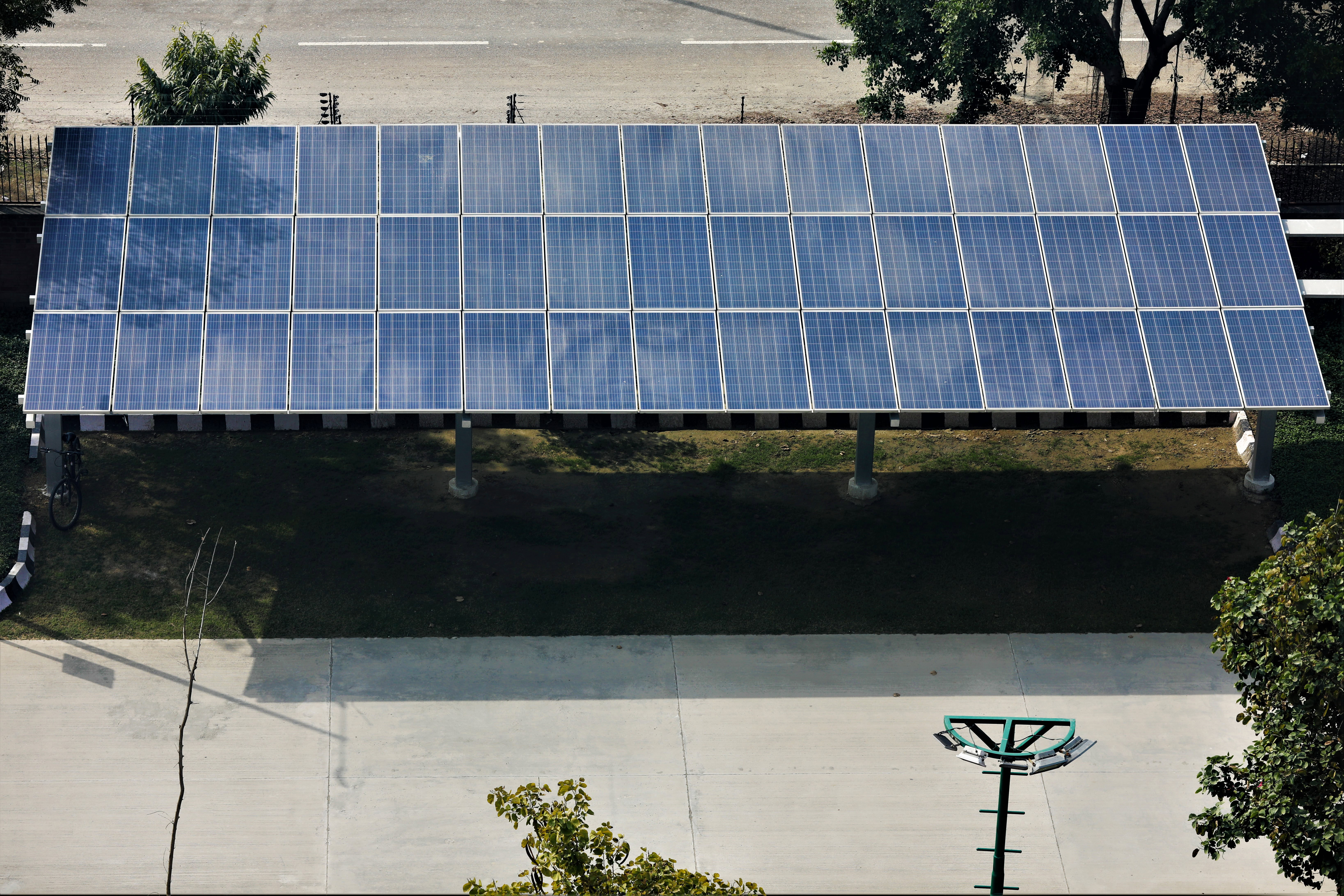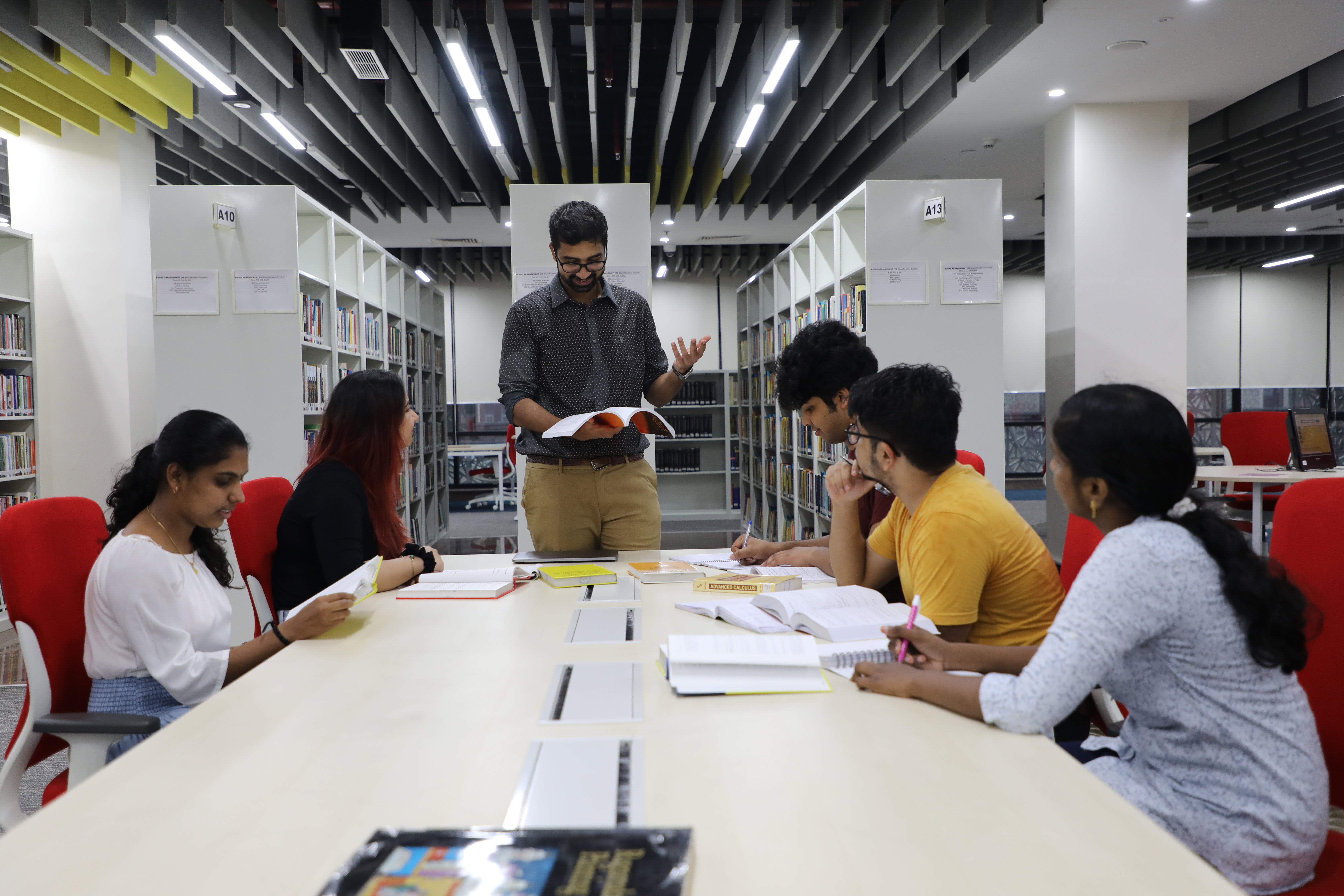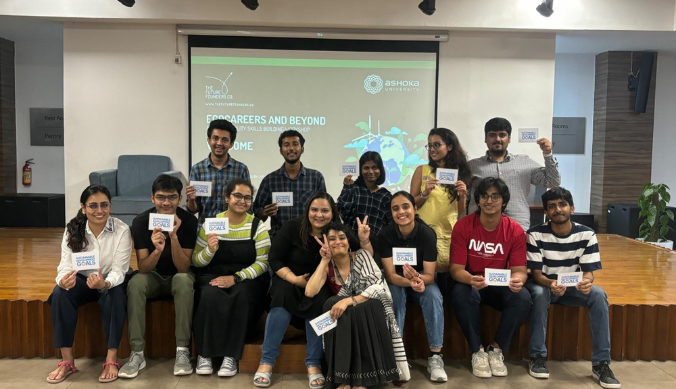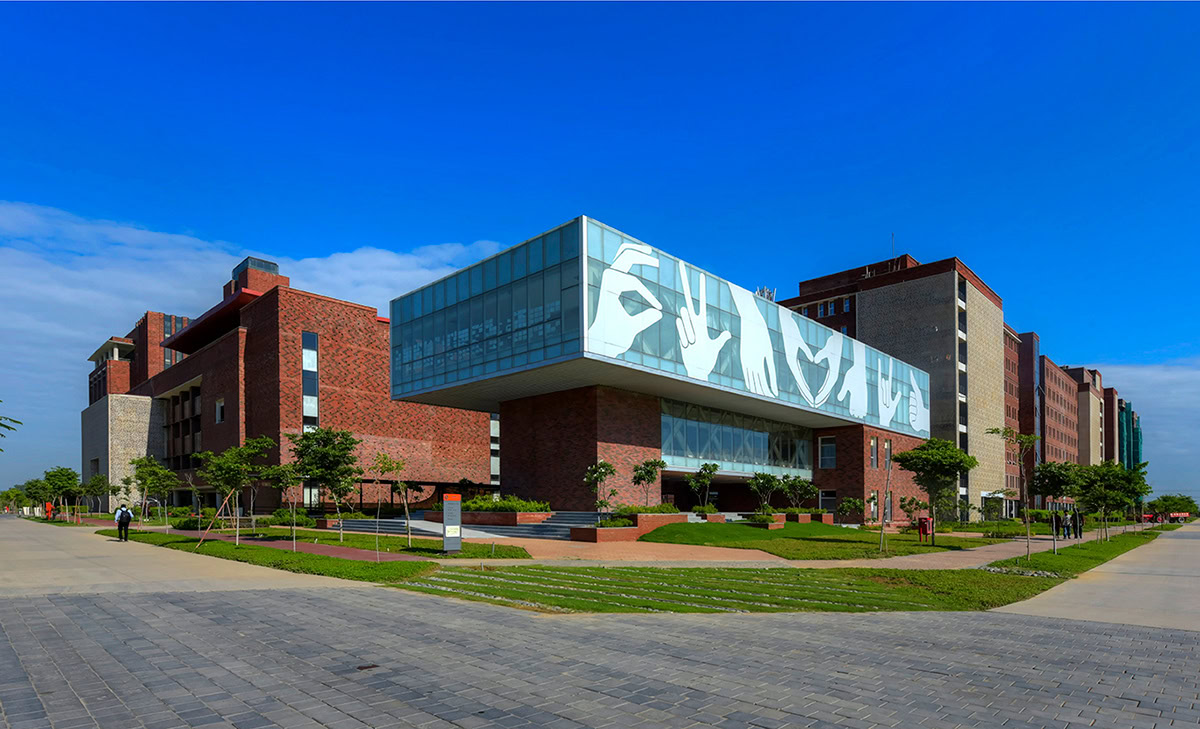- Campus
- News and Events
- Centres
- Overview
- Centres
- Archives of Contemporary India
- Ashoka Centre for China Studies
- Ashoka Centre for a People-centric Energy Transition
- Ashoka Centre for Translation
- Ashoka Centre for Well-Being
- Ashoka Science Policy Initiative
- Centre for Bioinformatics & Computational Biology
- Centre for Climate Change and Sustainability
- Centre for Data, Learning and Decision Sciences
- Centres
- Centre for Digitalisation, AI and Society
- Centre for Economic Data and Analysis
- Centre for Interdisciplinary Archaeological Research
- InfoEdge Centre for Entrepreneurship
- Isaac Centre for Public Policy
- Centre for Social and Behaviour Change
- Centre for Social Impact and Philanthropy
- Centre for Studies in Gender and Sexuality
- Centre for Writing and Communication
- Koita Centre for Digital Health at Ashoka
- The Centre for the Creative and the Critical
- Trivedi Centre for Political Data
- Related Links
- About Us
Sustainability at Ashoka
- Academics
- Overview
- Schools and Departments
- Trivedi School of BioSciences
- Harish and Bina Shah School of Humanities
- Chemistry
- Computer Science
- Creative Writing
- Economics
- English
- Entrepreneurship
- Environmental Studies
- History
- International Relations
- Mathematics
- Media Studies
- Performing Arts
- Philosophy
- Physics
- Political Science
- Psychology
- Sociology & Anthropology
- Visual Arts
- Related Links
- Admissions
- Faculty & Research
- Placements
- Campus
- News and Events
- Centres
- Overview
- Centres
- Archives of Contemporary India
- Ashoka Centre for China Studies
- Ashoka Centre for Well Being
- Centre for Bioinformatics & Computational Biology
- Centre for Climate Change and Sustainability
- Centre for Data, Learning and Decision Sciences
- Centre for Digitalisation, AI and Society
- Centre for Economic Data and Analysis
- Centre for Interdisciplinary Archaeological Research
- InfoEdge Centre for Entrepreneurship
- Centre for Social and Behaviour Change
- Centre for Social Impact and Philanthropy
- Centre for Studies in Gender and Sexuality
- Centre for Writing and Communication
- Isaac Centre for Public Policy
- Koita Centre for Digital Health at Ashoka
- The Centre for the Creative and the Critical (CCC)
- Trivedi Centre for Political Data
- Related Links
- About Us
- Apply
- Quick Links































